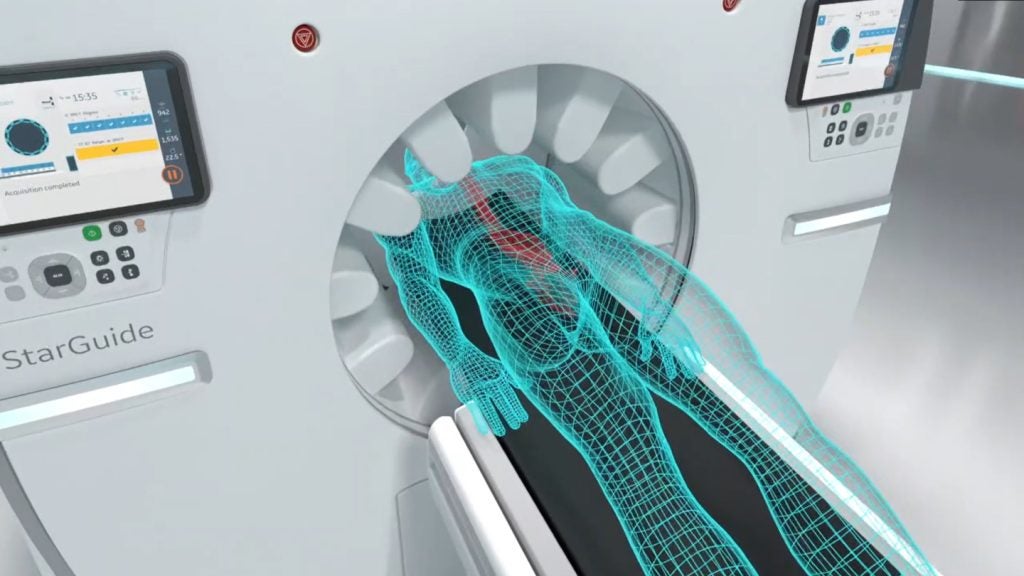Device companies are establishing manufacturing operations outside of China to reduce dependence on Chinese manufacturing, but setting up facilities in "Plus One" countries is not without it's hurdles.
During a panel discussion at AdvaMed’s The MedTech Conference in Toronto, supply chain leaders highlighted the risks and benefits of so called China Plus One (C+1) strategies.
While India has been hyped as an alternative manufacturing destination to China, AdvaMed's Abby Pratt noted how the country is currently underperforming in medtech.
“The medical technology ecosystem is still quite underdeveloped in India and there are a lot of industry concerns about the ease of doing business there, as well compliance and infrastructure challenges,” said Pratt. “We’ve seen that the opportunities for medtech manufacturers in India have actually been quite limited.”
Vietnam and Malaysia are emerging as popular alternatives for companies looking to access the Asian market, while Mexico’s proximity to the United States has made it an attractive option to US companies, the panel shared.
However, cultural differences across countries need to be a key consideration for manufacturers when establishing operations, said Molex senior executive, Manju Parkhe.
“For example when it came to employee training, we noticed that training methods differed across cultures. In Asia we found that the education system is more based on memorisation, while in Mexico we saw that adopting training into more bite sized practical sections worked better for employees. There are nuances across culture and that is something manufacturers need to plan for.”
Industry evolving
C+1 strategies are currently in vogue but the panel said industry needed to pay attention to a broader philosophy change taking place across the sector.
“If you went back 20 years ago within MedTech manufacturing, it was about creating a low-cost environment and setting up a supply chain that was stable,” said Garth Conrad, Vice President of Quality at Flex Health Solutions. “Companies were always going to do the same thing and go to the same places to get their products in the same way."
“Now, the direction is changing. We’re currently discussing 'China Plus One' but really, this is about manufacturers shifting to an adaptable model. In a few years we’ll be talking about different countries and models. The challenge for the industry is how to rethink their business processes to be adaptable models that fit whatever is occurring at that point of time,” he said.
Ultimately, manufacturers need to avoid any fixed manufacturing models, Conrad concluded. “You’ve got to have that flexibility built into your controls to ensure you can adapt to anything taking place in the marketplace.”
















